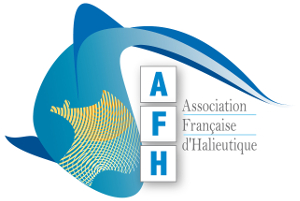[dépassé] 2012_03 : Post-doc – Data integration and marine eco-regionalisation in the Mediterranean Sea
Deadline : 26 mars 2012
PostDoc, UMR 7093
Within the FP7 European Perseus and French Mermex projects, the post doctorate will work on ecoregionalization in the environment of the Mediterranean sea under following framework:
PERSEUS: Policy-oriented marine Environmental Research for the Southern EUropean Seas (PI: Dr Evangelos Papathanassiou – Greece).
WP1: Marine ecoregionalisation, distribution of multiple natural and anthopogenic pressures on the Mediterranean Sea (basin scale study) (PI: Emin Ozsoy – Turkey).
Task 1.1: Analysis of pressures and processes and their impact on the ecosystems.
Subtask 1.1.6. Data integration and marine ecoregionalisation (PI: Philippe Koubbi – France).
MERMEX: Marine Ecosystems Response in the Mediterranean EXperiment (PI: Cécile Guieu, Xavier Durrieu de Madron and Richard Sempéré).
WP5: Ecosystem Based Management (PI: Philippe Koubbi and Jean-Olivier Irisson).
A Geographic Information System (GIS) based on the integration and processing of existing data will be used to define biogeochemical provinces and ecoregions (homogeneous regions with predictable environmental and species assemblages properties that differ from one region to another) and to map ecosystem features as well as potential pressures (vulnerability to environmental natural and anthropogenic changes) at the basin scale. The methodology developed will be sufficiently flexible to assimilate new information from PERSEUS and MERMEX projects.
The candidate will fit into national and international programs and work with different teams of LOV (Oceanographic Lab. of Villefranche, UMR 7093 CNRS-UPMC), MERMEX and PERSEUS to exchange information and data.
The candidate should have skills in marine ecology and biogeochemistry. He has to be proficient in numerical ecology and more particularly in geostatistics, habitat and community analysis for delineating ecoregions.
Details:The post doctorate will be hired from September 1st 2012 to 30th of November 2012.
Deadlines : Applications are due for March 26th including a CV (3 pages maximum) and a cover letter.
Contact : Philippe Koubbi UMR LOV: koubbi@obs-vlfr.fr
